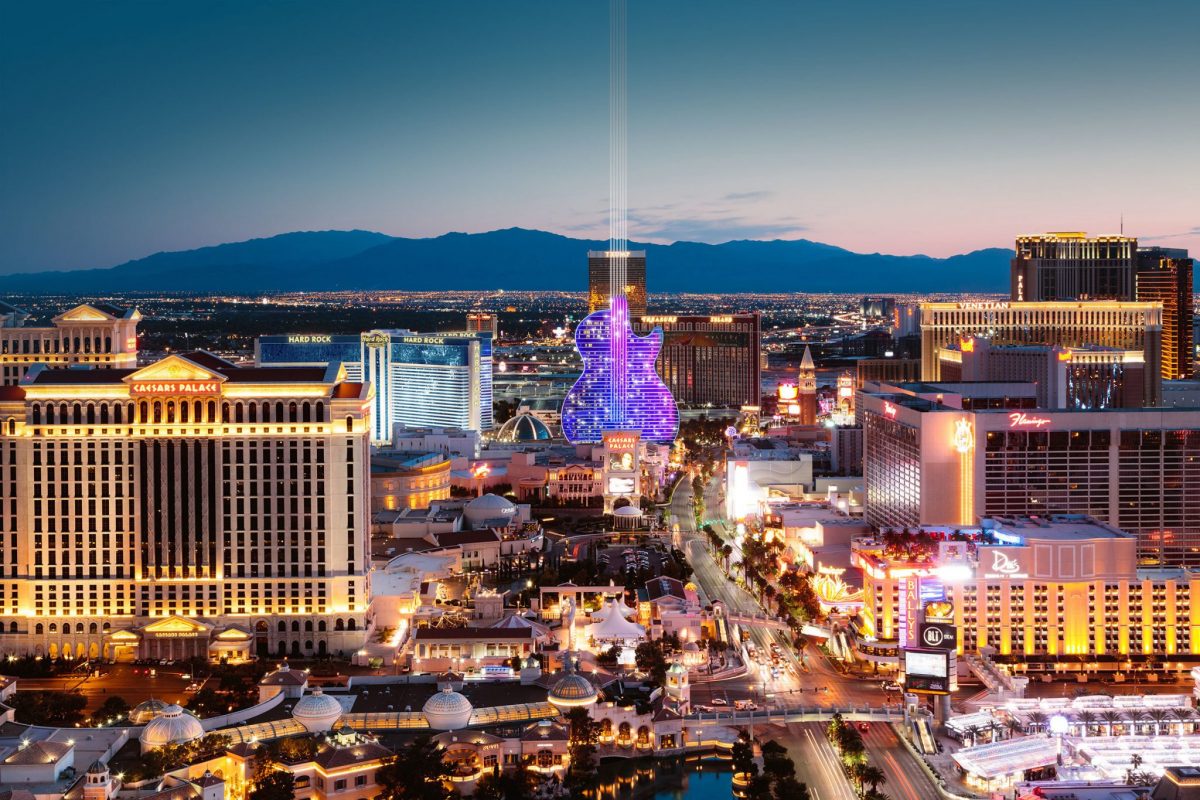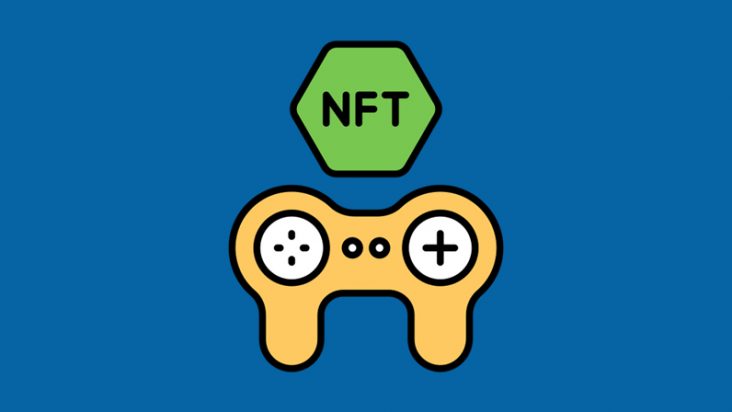
Delving deeper into the topic of the entertainment industry, let’s dive a bit into MGM Resorts International, then cover its competitors from different angles to see who excelled at what. MGM Resorts International, a member of the S&P 500 and listed on the New York Stock Exchange under MGM, is a leading company in the global gaming and entertainment sector. With a presence both in the United States and internationally, it boasts an impressive portfolio of top-tier hotels and casinos, cutting-edge conference facilities, exceptional live and theatrical entertainment, and a wide variety of dining, nightlife, and retail options. The company is renowned for creating distinctive, Las Vegas-inspired experiences through its array of brands. Its portfolio includes 31 distinctive hotel and gaming locations worldwide, featuring some of the most well-known names in the industry. MGM Resorts also ventures into digital gaming and sports betting in the U.S. through BetMGM, LLC, a 50/50 partnership, with flagship brands like BetMGM and partypoker. Additionally, through LeoVegas AB, a subsidiary, it offers similar services in various European locations. Currently, the company is exploring expansion in Asia, with particular focus on an integrated resort in Japan. Committed to its philosophy of “Focused on What Matters: Embracing Humanity and Protecting the Planet,” MGM Resorts dedicates itself to a sustainable future and positively impacting its employees, guests, and the communities where it operates. The company’s global workforce takes pride in MGM Resorts being named one of FORTUNE Magazine’s World’s Most Admired Companies.
MGM Resorts International: Strengths
MGM Resorts International, as a leading player in the global gaming and hospitality industry, possesses several key strengths that give it a competitive edge over its rivals. These strengths not only define its brand identity but also contribute significantly to its market position:
- Diverse Portfolio of Properties: MGM Resorts boasts a wide range of properties, including luxury hotels, casinos, and entertainment venues. This diversity appeals to a broad spectrum of customers, from luxury travelers to casual tourists.
- Strong Brand Recognition: MGM is a globally recognized brand known for quality and excellence in hospitality and entertainment. This strong brand recognition attracts a loyal customer base and sets it apart from competitors.
- Strategic Global Presence: With properties in key locations such as Las Vegas, Detroit, Maryland, and parts of Asia, MGM’s strategic presence in major tourist destinations enhances its market reach and attractiveness.
- Entertainment and Dining Options: MGM Resorts offers a rich variety of entertainment and dining experiences, including world-class shows, concerts, events, and an array of dining options from renowned chefs. This wide range of offerings provides a holistic and memorable experience for guests.
- Loyalty Programs: MGM’s loyalty program, MGM Rewards, is an effective tool for customer retention and engagement. It offers rewards and incentives that encourage repeat visits and customer loyalty.
- Innovative Technology Adoption: MGM Resorts has been at the forefront of adopting innovative technologies to enhance customer experience and operational efficiency, including digital and mobile advancements.
- Commitment to Sustainability and Social Responsibility: The company has a strong focus on sustainability and social responsibility, which not only helps in reducing operational costs but also appeals to environmentally conscious consumers.
- Strong Financial Position: MGM Resorts International has a robust financial position, allowing it to invest in new projects, technological upgrades, and marketing initiatives to stay ahead of its competitors.
- Experienced Management Team: The company benefits from a highly experienced and skilled management team, which is capable of navigating the complex dynamics of the hospitality and gaming industries.
- Innovative Marketing Strategies: MGM employs innovative marketing strategies to attract new customers and retain existing ones. These strategies include partnerships, promotions, and leveraging social media and digital platforms.
Сompetitors in the marketplace
These strengths enable MGM Resorts International to maintain a competitive advantage in a highly competitive industry, adapting to changing market dynamics while consistently delivering high-quality experiences to its customers.
Analyzing the competitive landscape of MGM Resorts International reveals several key players in the global gaming and hospitality industry. These competitors, like MGM Resorts, offer a mix of gaming, hotel accommodations, entertainment, and dining experiences, catering to a diverse range of customers from casual tourists to high-end clientele. Here’s a look at some of MGM Resorts International’s primary competitors:
- Caesars Entertainment Corporation: As one of the largest gaming companies in the world, Caesars operates numerous casinos and hotels globally. Known for its high-quality service and entertainment options, Caesars competes directly with MGM Resorts in many major markets, particularly in Las Vegas and Atlantic City.
- Wynn Resorts, Limited: This luxury resort and casino company is known for its upscale properties in Las Vegas and Macau. Wynn Resorts appeals to a premium segment of the market, offering high-end accommodations, gaming, and entertainment, positioning it as a direct competitor to MGM’s luxury offerings.
- Las Vegas Sands Corp.: Specializing in luxury hotel and gaming operations, Las Vegas Sands is renowned for its large and opulent properties in the United States and Asia, particularly in Singapore and Macau. Their emphasis on providing a comprehensive luxury experience competes with MGM’s strategy in these regions.
- Marriott International, Inc.: While not a direct competitor in the gaming sector, Marriott’s extensive portfolio of hotels and resorts worldwide makes it a significant competitor in the hospitality industry. Marriott’s broad range of properties competes with MGM Resorts’ hotel and resort offerings.
- Hilton Worldwide Holdings Inc.: Similar to Marriott, Hilton is a major player in the global hospitality market. With a diverse portfolio of properties, Hilton competes with MGM Resorts in terms of hotel accommodations and conference facilities.
- Disney: Although primarily known for its theme parks and entertainment offerings, Disney’s resorts and vacation clubs offer family-oriented experiences that compete indirectly with MGM Resorts’ more diversified entertainment and resort offerings.
- Genting Group: A multinational conglomerate, Genting operates resorts, casinos, and cruises, especially in Asia and the UK. Their diverse range of leisure and entertainment services places them as a competitor to MGM Resorts, particularly in the Asian market.
These competitors vary in their specific offerings and market focus, but each represents a significant presence in the gaming and hospitality industry. The competition drives innovation and improvements in services and amenities, benefiting consumers and shaping the future of the industry. MGM Resorts International, in response, focuses on its unique strengths like diverse entertainment options, strategic global presence, and commitment to quality service to maintain its competitive edge.
What sets MGM Resorts International apart from its competitors?
Beyond offering a broad array of entertainment, including live shows, sports events, and theatrical productions, alongside its casinos, MGM creates a comprehensive experience for visitors. Unlike some competitors, such as Marriott and Hilton, which primarily focus on the hotel business without a connection to casinos, MGM also delves into betting and online gaming through its partnership with BetMGM. This distinguishes it from most hotel brands that don’t include gambling in their offerings. MGM actively implements sustainable development and social responsibility practices, emphasizing its commitment to a positive social and environmental impact. While companies like Disney are also known for their sustainability efforts, MGM focuses on this aspect within the gaming and entertainment industry. Owning some of the most recognizable and iconic properties in Las Vegas, like Bellagio, MGM Grand, and Mandalay Bay, MGM offers unique experiences hard to replicate. While competitors such as Caesars and Wynn also have luxurious properties, MGM stands out with its extensive portfolio and range of offerings.
It’s also important to note MGM’s active exploration of new markets, especially in Asia, with expansion plans in Japan and other regions, setting it apart from competitors like Las Vegas Sands, which also focus on Asia but with a different approach to expansion and portfolio development. The MGM Rewards program is one of the most comprehensive loyalty programs in the industry, offering rewards not just for gaming but also for accommodations, dining, and entertainment. This gives it an edge over competitor loyalty programs, including those offered by Caesars and Wynn, by providing a broader range of rewards and benefits.
A crucial competitive advantage today is the company’s adaptation to technological innovations. The company must quickly adapt to new technologies in property management, digital hospitality, and gaming innovations, distinguishing it from traditional hotel brands like Marriott and Hilton and giving it advantages over other gaming and entertainment companies.
While all these companies are leaders in their sectors, MGM Resorts International stands out with its unique combination of entertainment, gaming, hospitality, innovation, and commitment to sustainable development.







